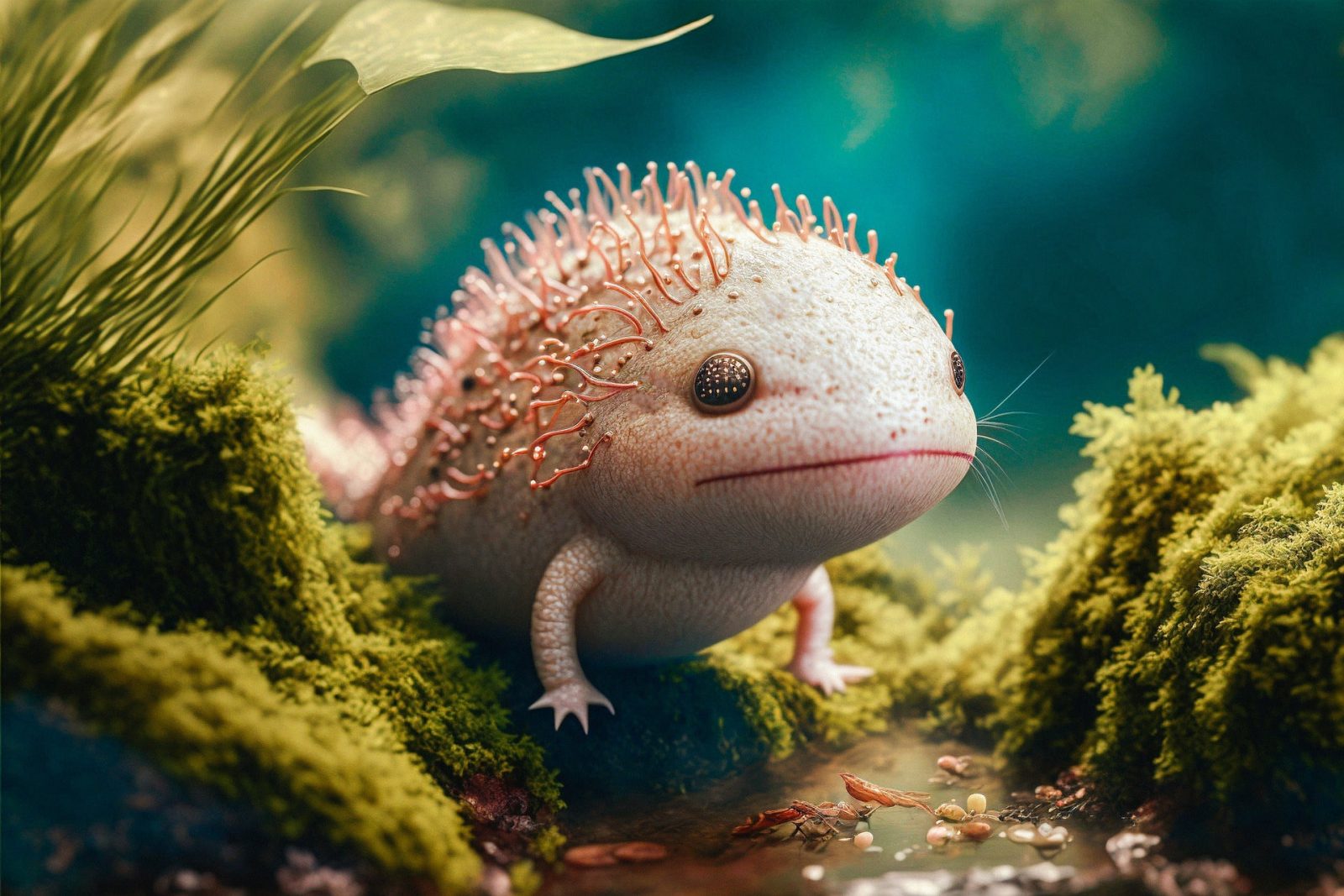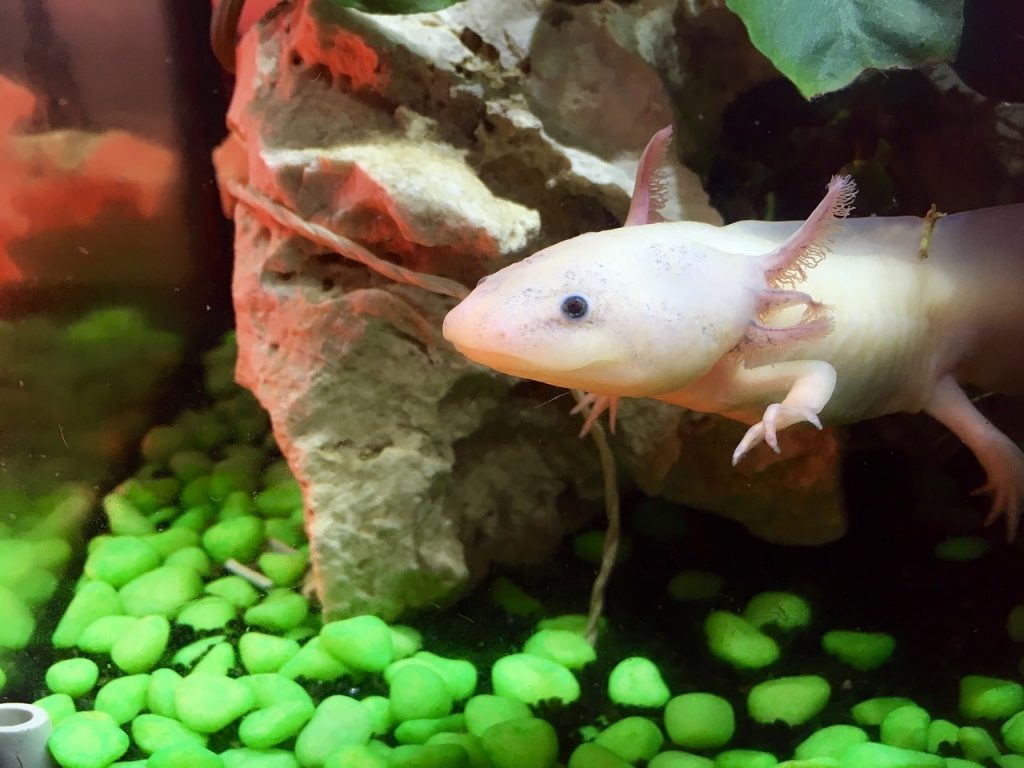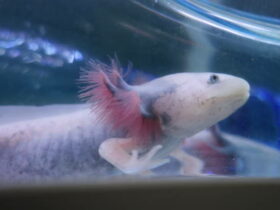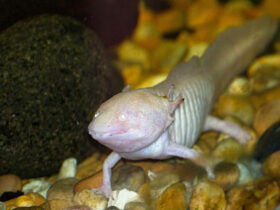
Contents
Axolotl Fungus – Introduction

Axolotls are one of the most popular types of Mexican tank-dwelling amphibians. They’re easy to care for and make great pets, but one thing that can ruin their lives is a fungus called Candida albicans. This fungus can infect your axolotl’s skin or eyes if you don’t take preventative measures in your tank setup.
What is it?
The axolotl fungus is a fungal infection that can affect your axolotls. It’s essential to keep your tank clean, ensure you don’t introduce new plants, and check with a vet if you suspect the fungus has infected your axolotl.
If you’re worried about them being infected by this fungus, it’s best practice not to keep any other fish in an aquarium with them (including bettas).
The most common symptoms of axolotl fungus are a white, cotton-like appearance on the skin and gills of your axolotl. Red or black dots can accompany this on their body. You may also see some crusty patches on their skin that resemble scabs.
Axolotl fungus is very contagious and can spread from one axolotl to another. This fungal infection will cause your axolotls’ skin to become irritated and inflamed, which can lead to a secondary bacterial infection.
Why is it affecting axolotls?
Axolotls are susceptible to this fungus because they are a type of amphibian, which means that they live in water. They also have gills like fish and frogs, so they breathe air at night.
Because axolotls are aquatic animals, the fungus can grow on their skin and cause infections. This may increase the chances of getting sick when you’re around your pet or eating them as food if you choose not to cook them first!
The good news is that axolotls are easy to care for. They only need water, food and a place to hide from predators. You can also help prevent this fungus from spreading by cleaning your tank or enclosure with hot water and bleach every week.
If you are concerned about axolotls getting sick, it is a good idea to take them to the vet. The vet can give them an exam and tell you if they have any problems. They can also prescribe medications or treatments that might help your axolotl get better faster.
How can I prevent my axolotl from getting this fungus?
There are several ways to prevent your axolotl from getting the fungus. These include keeping your tank clean, not introducing new plants, and not using any new plants in your tank.
Suppose you already have an axolotl in a tank that has already been infected with this fungus. In that case, it’s best to quarantine these animals for at least three months before reintroducing them back into their original habitat.
You can also use an antifungal medication to treat the fungus. You’ll need to follow the directions when treating your axolotl with this medication, as overdosing them is straightforward.
You should also be aware that several different types of fungus can infect your axolotl. Some of these types will cause severe damage to the eyes and skin, while others may not affect them at all.
Axolotl fungus can be cured by keeping your tank clean and making sure you don’t introduce new plants to your tank.
Axolotls are very sensitive to environmental changes, so you must keep them in an aquarium where they have plenty of space to swim freely. If possible, avoid keeping more than one axolotl in a single aquarium at any given time for this reason alone—if there isn’t enough room for all of them, one or two may die from stress from overcrowding or another cause (such as aggression). While most axolotls will get along fine with other species like goldfish and others similar in size, some fish may not tolerate their presence at all; if this happens, try moving them out into another tank instead until things calm down again!

Conclusion
In conclusion, axolotl fungus is a serious thing to deal with in your tank. If you have any questions about the disease or how to treat it properly, please get in touch with our articles for more!
Read More- fantaxies.com





Leave a Reply